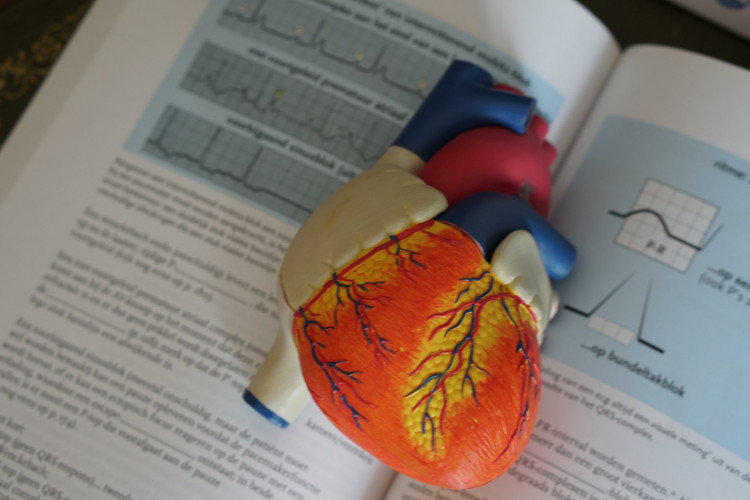A comprehensive review of medical records indicated that recovered COVID-19 patients have a considerably increased risk of cardiovascular problems in the year following an acute infection.
The new research, published in Nature Medicine, found that COVID-19 survivors were 55% more likely to have a serious cardiovascular event after recovering.
The researchers analyzed national data from the U.S. Department of Veterans Affairs, the country's largest integrated healthcare system. They compared the long-term cardiovascular outcomes of nearly 150,000 patients who survived the COVID-19 pandemic to two groups of identically matched control patients: people during the pandemic and people before the pandemic.
It's vital to include both comparisons because they could account for pandemic-related patterns that may have influenced people's heart health in different ways
Survivors had a 52% higher risk of stroke, a 72% higher risk of atrial fibrillation (an abnormal heartbeat), and a twofold higher risk of cardiac inflammation, including myocarditis, than persons who were not diagnosed with COVID-19 during the pandemic.
"We wanted to build upon our past research on COVID's long-term effects by taking a closer look at what's happening in people's hearts," Ziyad Al-Aly, senior author on the new study from Washington University, explained.
"What we're seeing isn't good. COVID-19 can lead to serious cardiovascular complications and death. The heart does not regenerate or easily mend after heart damage. These are diseases that will affect people for a lifetime."
According to Al-Aly, the risks of cardiovascular events were higher in those with pre-existing cardiac diseases and those with more severe COVID-19. However, across all cohorts the study still found COVID-19 elevated one's risk of heart issues.
It's unclear why SARS-CoV-2 infection raises a person's risk of cardiovascular disease. The researchers anticipate a variety of potential causes in the new study, ranging from persisting harm in cells from the initial viral infection to a chronic hyperactive immune response following the sickness.
The team's data only included persons who were infected in the first year of the pandemic, before the more severe variation Delta or the more recent Omicron emerged. Although some evidence suggests that prior immunity, whether through vaccination or previous infection, can reduce the chance of long-term illness after a breakthrough infection, further research is needed.
Vaccines also reduce the chances of infection and serious illness. As a result, the risk of long COVID is likely to continue to decrease over time. Nonetheless, the authors argue that the world needs to do more to vaccinate individuals and assist survivors who are currently dealing with these issues.






